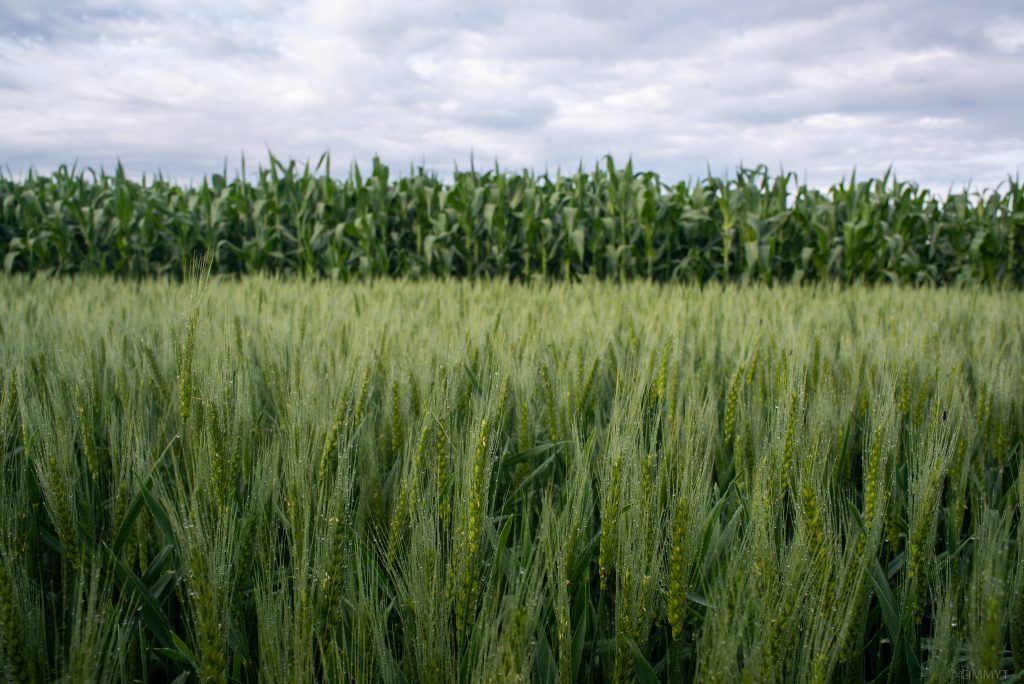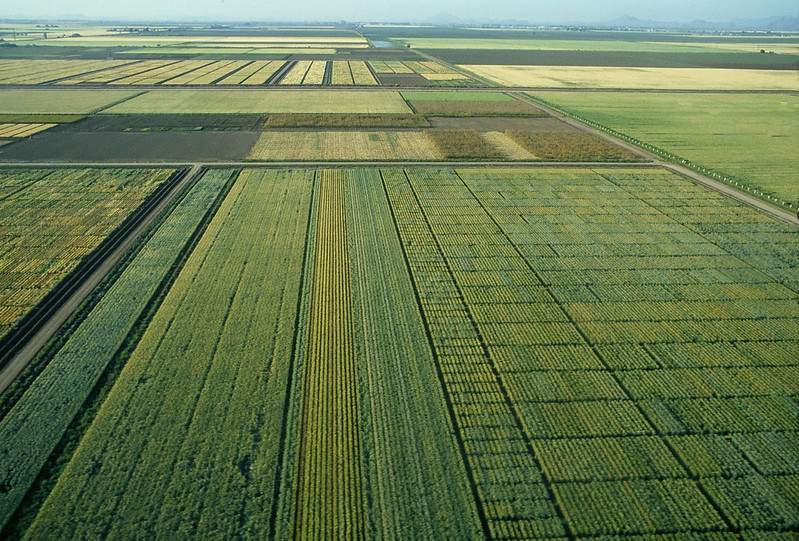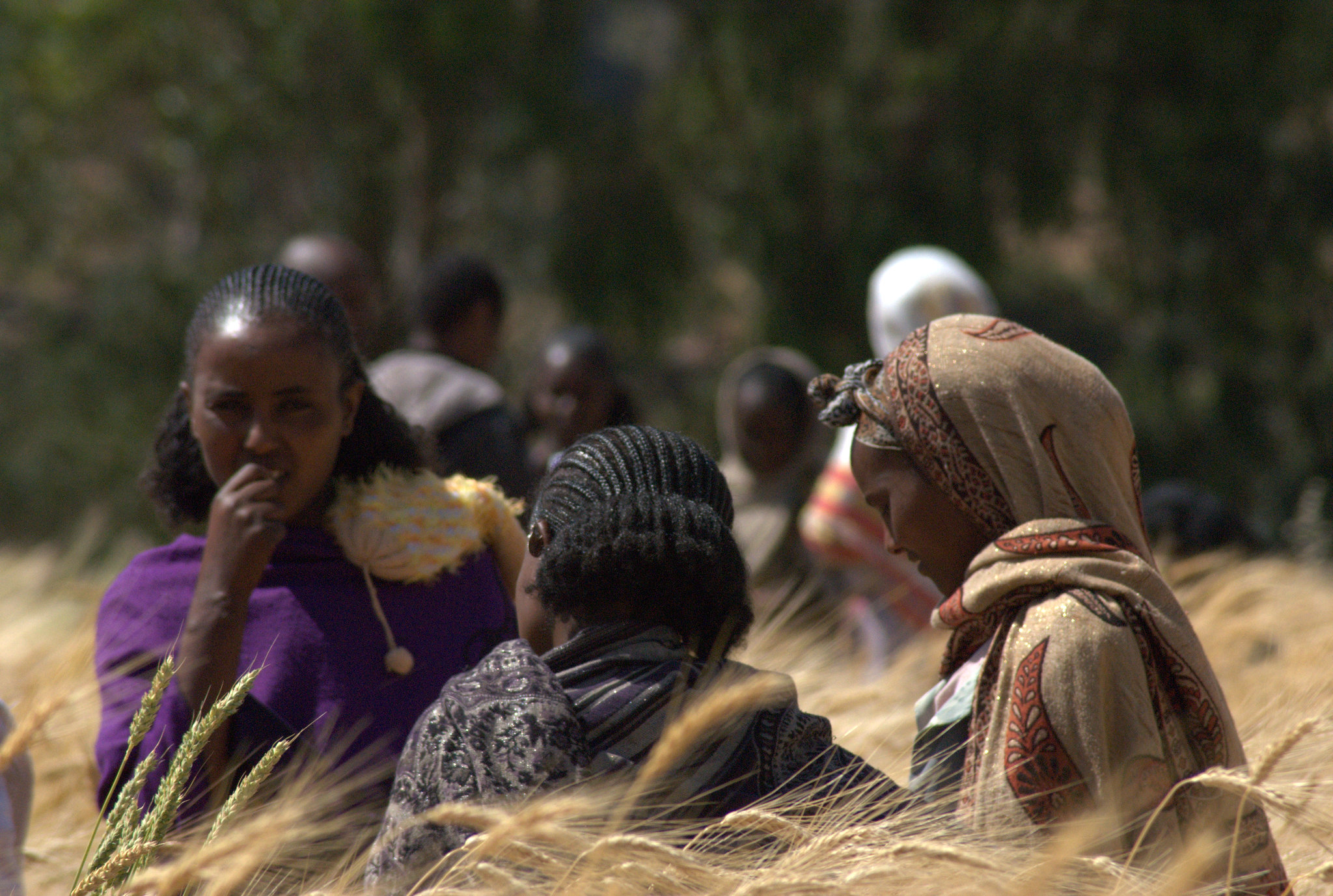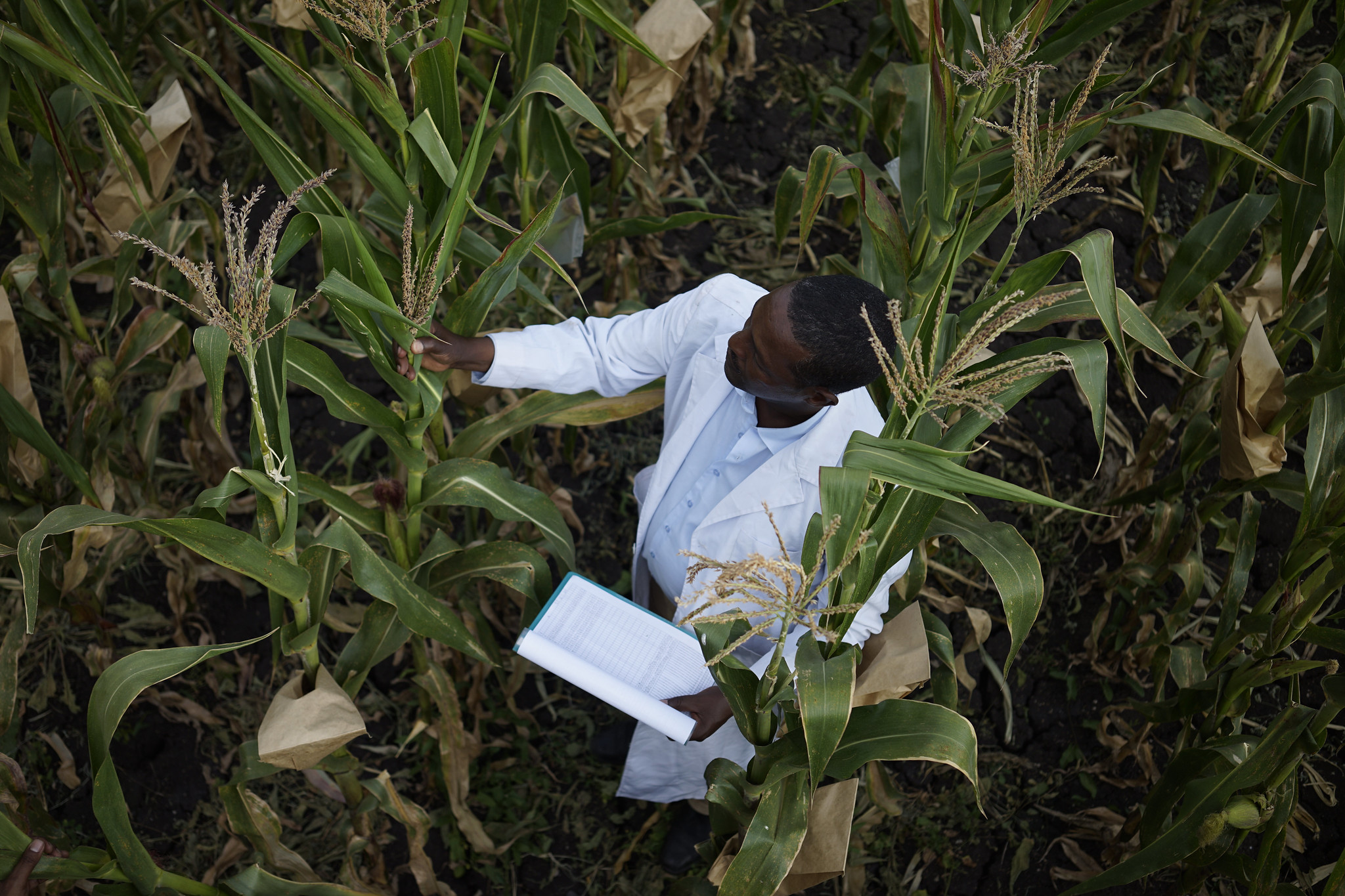
The first meetings of the Accelerating Genetic Gains in Maize and Wheat for Improved Livelihoods (AGG) wheat and maize science and technical steering committees — WSC and MSC, respectively — took place virtually on 25th and 28th September.
Researchers from the International Maize and Wheat Improvement Center (CIMMYT) sit on both committees. In the WSC they are joined by wheat experts from national agricultural research systems (NARS) in Bangladesh, Ethiopia, Kenya, India, and Nepal; and from Angus Wheat Consultants, the Foreign, Commonwealth & Development Office (FCDO), HarvestPlus, Kansas State University and the Roslin Institute.
Similarly, the MSC includes maize experts from NARS in Ethiopia, Ghana, Kenya and Zambia; and from Corteva, the Foundation for Food and Agriculture Research (FFAR), the International Institute for Tropical Agriculture (IITA), SeedCo, Syngenta, the University of Queensland, and the US Agency for International Development (USAID).
During the meetings, attendees discussed scientific challenges and opportunities for AGG, and developed specific recommendations pertaining to key topics including breeding and testing scheme optimization, effective engagement with partners and capacity development in the time of COVID-19, and seed systems and gender intentionality.
Discussion groups noted, for example, the need to address family structure in yield trials, to strengthen collaboration with national partners, and to develop effective regional on-farm testing strategies. Interestingly, most of the recommendations are applicable and valuable for both crop teams, and this is a clear example of the synergies we expect from combining maize and wheat within the AGG project.
All the recommendations will be further analyzed by the AGG teams during coming months, and project activities will be adjusted or implemented as appropriate. A brief report will be submitted to the respective STSCs prior to the second meetings of these committees, likely in late March 2021.

 Innovations
Innovations 


